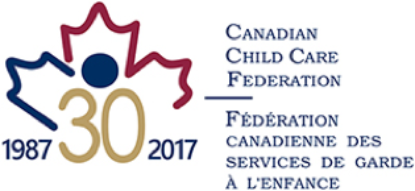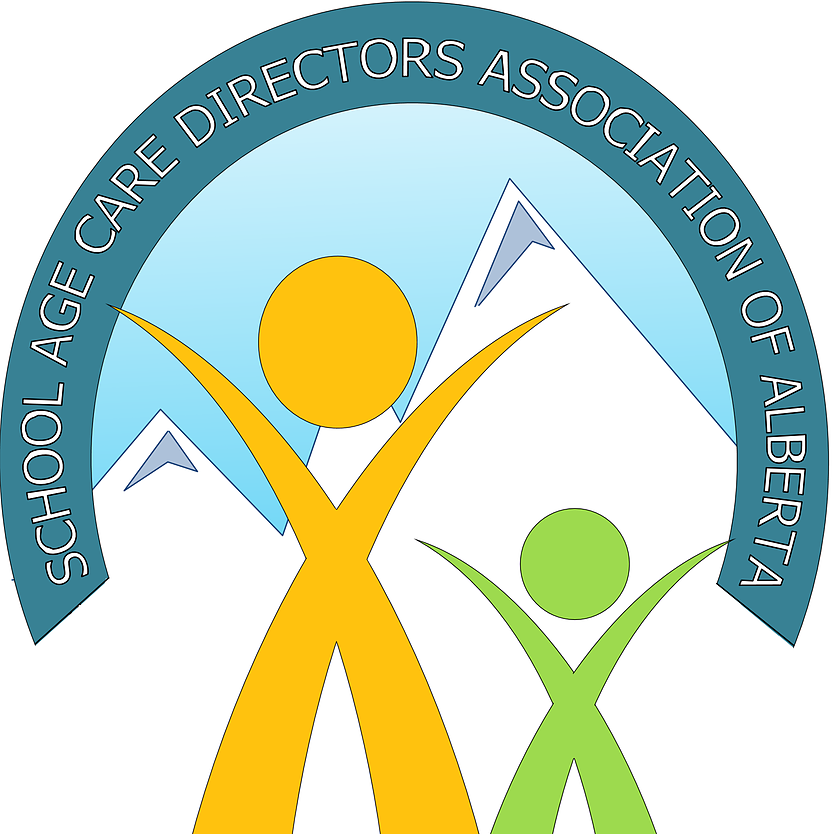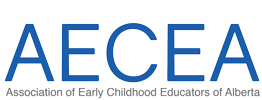Curriculum Statement
Children at Seeds of S.P.I.C.E. Early Learning Centre Inc. is celebrated as unique individuals with various skills and abilities and deserve to develop to their fullest potential. We believe that children learn best when they are intrinsically motivated and when it is child directed, therefore our curriculum is based on their interests. The curriculum is based on goals for children’s social, emotional, physical and cognitive development while understanding each child’s needs, interests and abilities.
Direct interactions that are both positive and respectful allow for genuine relationships to develop between children and their educators. This creates an atmosphere in which children feel accepted for their individuality and a curriculum that best suits their needs. Close observation of the children allows staff to develop ideas about the children’s interests, skills and abilities. Educators consider what the children are doing, saying, learning and what they are curious about. Asking open-ended questions that build vocabulary, extend knowledge and build creative thinking are important during interactions. The educator also considers what the children need, what can be provided and in what way. Once observations have been made, educators share the information with colleagues, parents and the children through verbal interactions, visible documentation like bulletin boards, photo displays and curriculum webbing.
The environment plays a key role in curriculum planning that supports both interaction and exploration whether indoor or outdoors. These environments will provide adequate space, materials and time to play that will enrich and challenge children in a variety of ways. Providing an environment that fosters play is the most crucial components of programming. Educators consider room arrangement by creating specific learning centres that encourage interaction and exploration while ensuring that toys and materials are accessible and developmentally appropriate.
After close observations, colleague collaboration and environmental assessments, educators develop and implement experiences that support children’s learning. Provocations are used as means of collecting more information about the kind of activities that spark children’s interest and stimulate learning. Educators then provide experiences based these findings that makes connections to curriculum and satisfies all domains of development. Music, creative art, math, science, literacy, dramatic play experiences can all influence and enhance children’s learning. As children’s interests change, so does the curriculum and the process starts all over again.
Where developmentally appropriate, staff will involve children intensively in their programming through group meetings, evaluations of excursions/activities and by signing up to share an activity with the group. Off-site excursions are planned for non-school days by the children and staff based on their interests. Staff will hold meetings on non-school days and ask the children for their input for the daily experiences that are offered. Children are given opportunities to show their own specific talents through a planned “Teach us your talent session.” These sessions will be documented in the monthly newsletter and on the bulletin board.
Parents and families can participate in the development and implementation of our curriculum. We welcome any ideas, information and or feedback that will impact our programming. We are committed to providing quality learning and care for the children and families of our centre by offering a child-based curriculum that suits each child’s needs.





